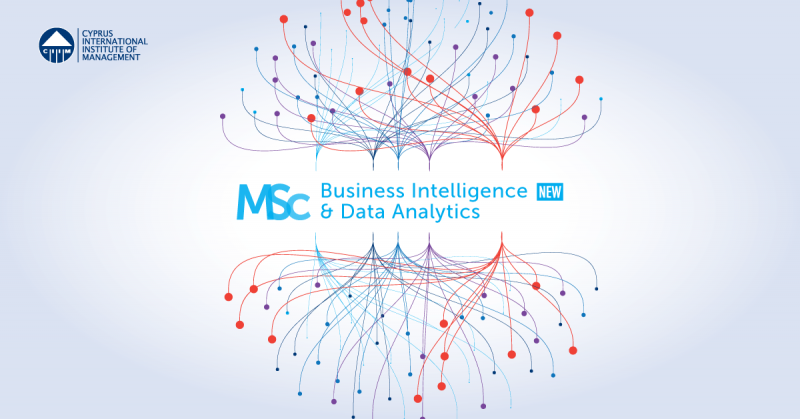Data Mining is the science of uncovering insights, patterns and correlations and discovering meaningful information from mounds of data that exists in various forms, structured and un-structured. It employs techniques from a diverse set of scientific fields including computational statistics, machine learning, deep learning, mathematics, data processing, visualisations, business intelligence and many others. Data science or data art could be characterized as an attempt to shift away from the traditional empirical-based reasoning to a formal, scientific, data-driven way of thinking and operational tactic.
The research firm IDC’s estimate of the size of big data market for last year, 2016, was $136B and this is expected to grow exponentially in the coming years with more and more companies deploying data science related projects and more and more data-based startup companies rising. Data science has already proved itself and its values is realized and appreciated across many different sectors and industries such as retail, banking, financial services, security, telecom, healthcare, shipping and many others.
The McKinsey’s Global Institute had conducted a global survey in which they have interviewed 50+ experts from the Telecom Industry, regarding their views on the applications of big data analytics techniques to their industry. It was found out that analytics and machine learning techniques have great impact on the Telecom Industry
In addition, they have reached to a consensus that the benefits are tremendous for the Telecom Industry and across different application domains:
- Predict lifetime value and risk of churn for individual customers using predictive analytics
- Optimize complex investment across network using advanced resource allocation and optimisation techniques.
- Personalise strategy to target individual consumers based on multi-model data (mobile, social media, location, etc) using radical personalisation and clustering techniques.
- Optimize call-center routing for individual calls, leading to fewer agent-handled calls, using predictive analytics.
- Discover new trends in consumer behavior using mobile data and other relevant data using advanced data mining and anomaly detection techniques.
- Predict failure and recommend proactive maintenance for fixed and moving equipment using advanced big data predictive analytics techniques.
- Optimise micro-campaigns and short-term promotions using price and product optimisation techniques.
- Predict regional demands trends for voice/data/other traffic using forecasting techniques
- Replicated financial planning and other costly back-office functions using predictive analytics
- Optimize field-force labour allocation using advanced resource allocation and optimisation techniques.
Telecom industry would start competing on analytics and embracing the new science of winning by investing in data science capabilities within their enterprise. The ideal candidates to drive this revolution are the so-called data scientists. Among the responsibilities of a data scientist is empowering management and officers to make informed and potentially better decisions, direct the actions based on trends which in turn help in goals definition, promote best practices in the fields of business intelligence and data governance, transform the decision making capability into a quantifiable data driven procedure, quantification and redefinition of the enterprise’s strategy and deployment of analytics models within the enterprise’s pipeline.
What CIIM has to offer
CIIM’s MSc in Business Intelligence and Data Analytics is a unique and innovative-by-design postgraduate degree that combines both managerial and technical aspects around the data science field and it is designed to equip the candidates with the necessary knowledge and a diverse set of skills required throughout the data analytics lifecycle. This skillset includes business data requirements, data acquisition and integration techniques, data storage, data processing, data analysis, insights derivation, and ultimately, the business deployment of derived insights in a meaningful and efficient manner. If you are interested, you can apply online by the button below.
About the Author
Dr Theodosis Mourouzis
Programme Director of MSc in Business Intelligence and Data Analytics
CIIM – Cyprus International Institute of Management
and a Research Fellow at the UCL Centre for Blockchain Technologies
[email protected][/fusion_text][/three_fourth]


